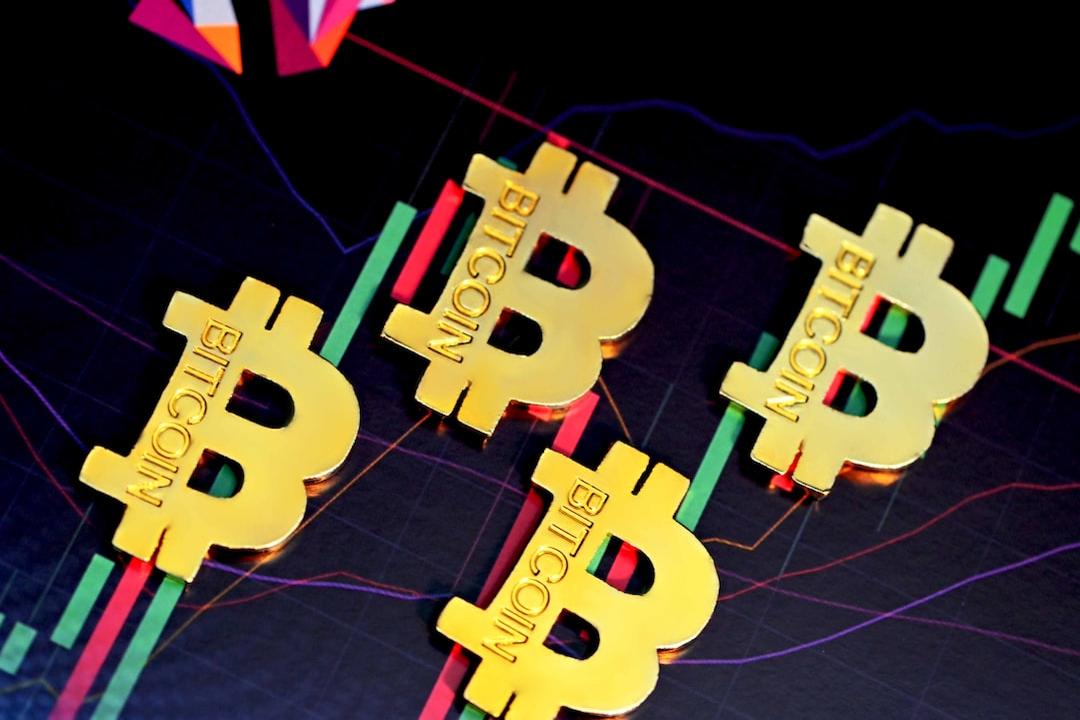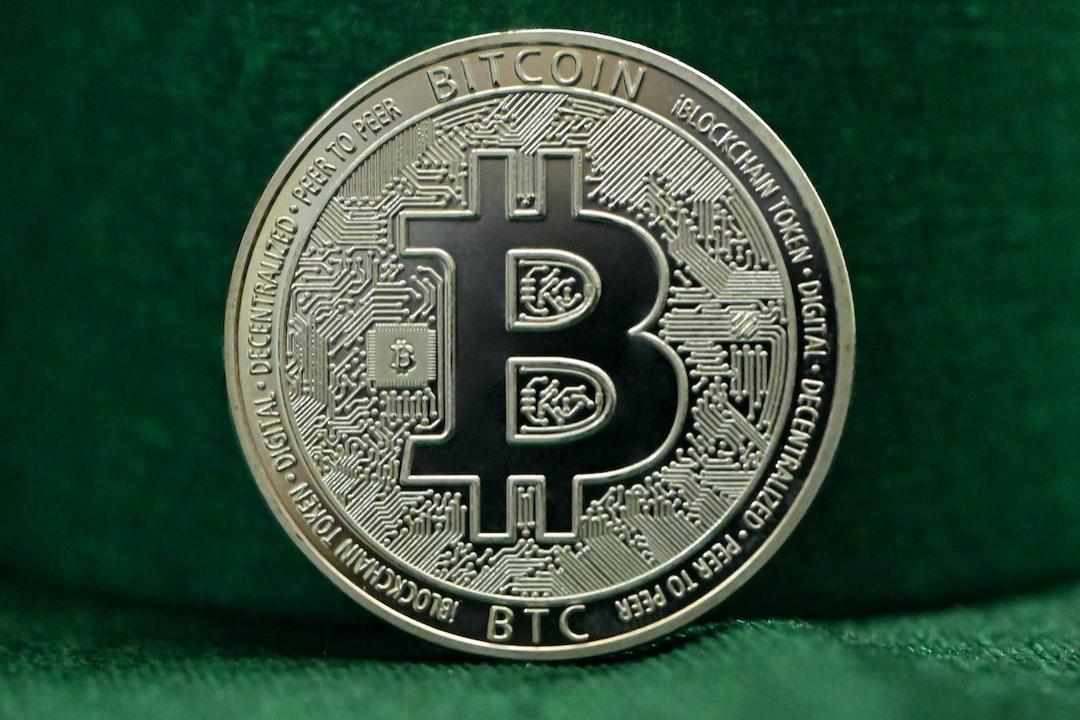Developers successfully integrated the Pectra update into Ethereum

$
1,837, one of the most established networks in the cryptocurrency market. This update, activating at epoch 364,032 on May 7th, marks the most comprehensive enhancement since the 2022 The Merge. Despite facing configuration hurdles during trials on Holesky, Sepolia, and Hoodi test nets, the successful rollout positions Pectra as a pivotal step in enhancing network efficiency, user experience, and Layer 2 scaling, supported by 11 Ethereum Improvement Proposals (EIPs).
Innovative Features of the Ethereum Pectra Update
Part of the Pectra update, EIP-7702, also known as account abstraction, allows smart wallets to temporarily execute contract logic. This capability enables decentralized applications to cover transaction fees for users, making ‘freemium’ models feasible. Users can now consolidate coin approval and swap transactions into a single operation.

EIP-7702 introduces features like social recovery, allowing lost private keys to be retrieved through trusted contacts. This enhancement boosts both user experience and security. Challenging the boundaries of the staking world, EIP-7251 raises the limit of 32 ETH per validator to 2,048 ETH. Large operators can consolidate multiple pools of 32 ETH, reducing bandwidth and hardware costs. However, some critics argue that EIP-7251 promotes centralization.
Scalability and Improvements for Validators
With Pectra, EIP-7691 increases the target blob count per block from 3 to 6 and the maximum from 6 to 9. For those unfamiliar, blobs reduce transaction costs by 10–100 times on Layer 2 networks, offering expanded capacity and fast, low-cost transactions. EIP-7002 allows exit and withdrawal processes to be triggered from the execution layer, mitigating hot key risks. EIP-2935 stores the last 8,192 block hashes on the blockchain, decentralizing oracle and layer-to-layer communication. EIP-6110 also significantly reduces validator activation time from 12 hours to around 13 minutes. Additionally, Pectra introduces EIP-7623 to adjust calldata costs, EIP-2537 to accelerate cryptographic operations, EIP-7685 and EIP-7549 to streamline operations, and EIP-7840 to smooth fee fluctuations in Layer 2 environments.


